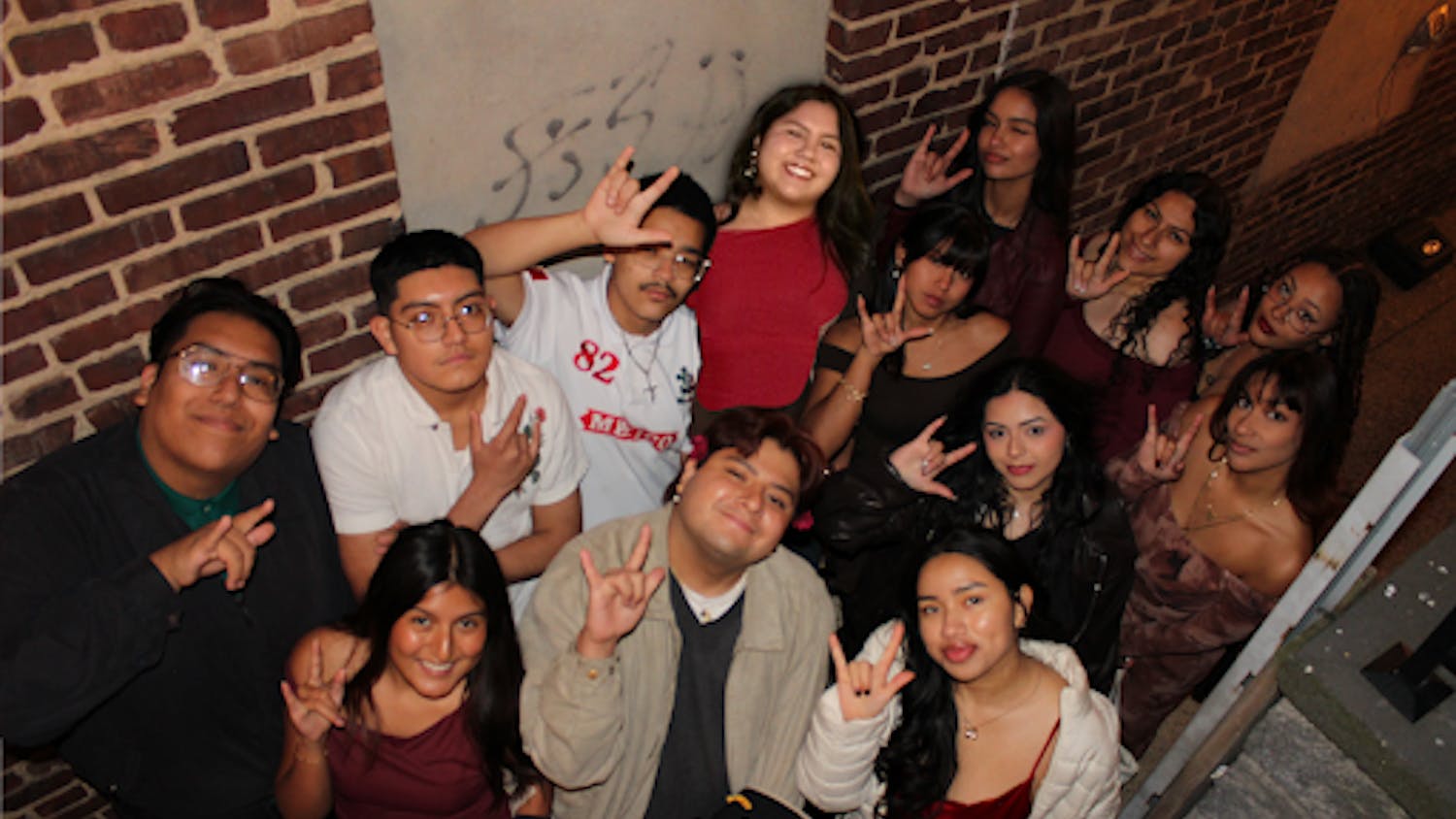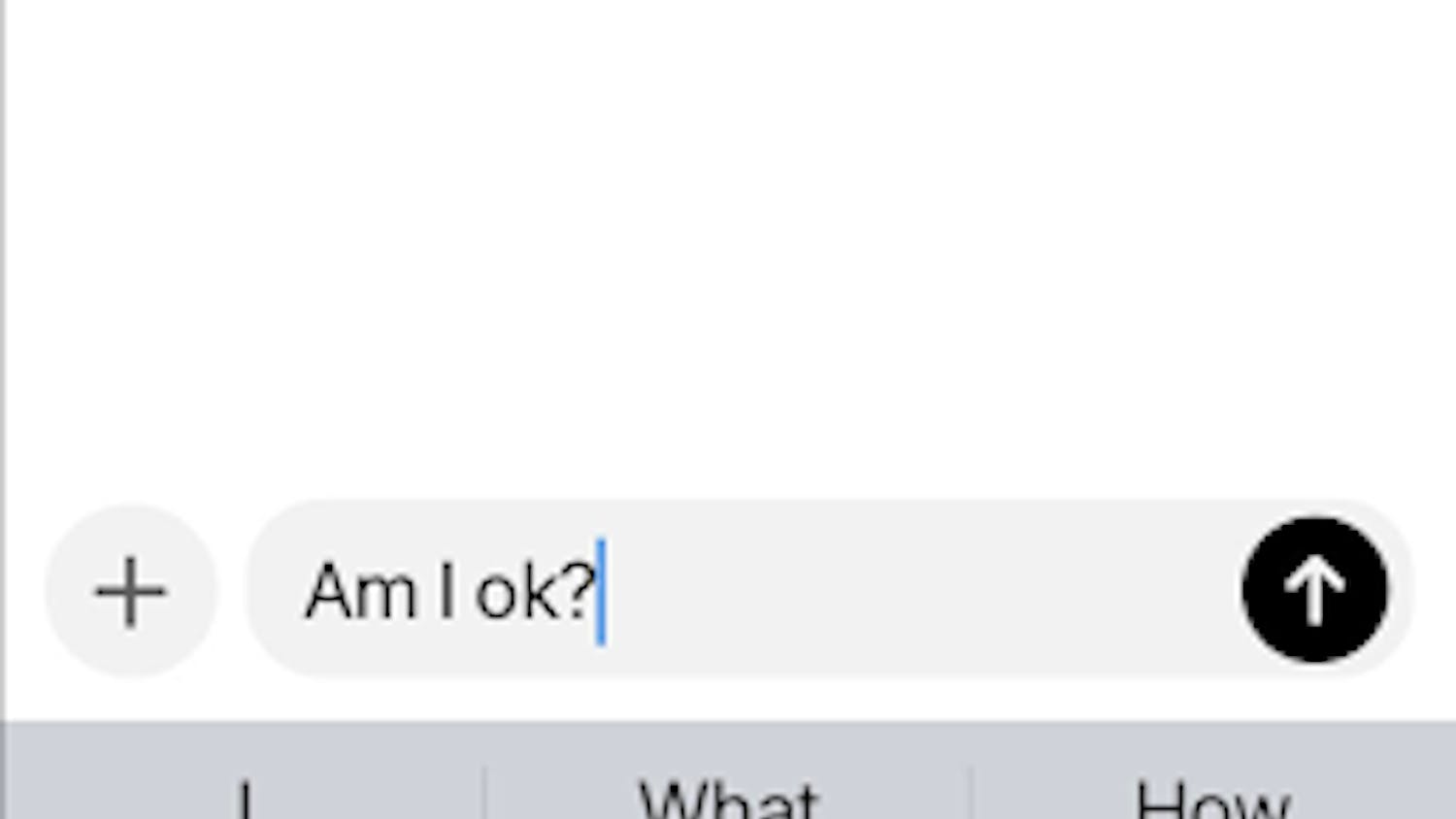This past Tuesday was Election Day, and there was, as always, a great deal at stake: the election of new congressmen and senators, control of the House and Senate, and - perhaps most importantly - women's reproductive rights, as an abortion ban ballot initiative was voted down 56 to 44 percent in South Dakota.
For Kelly Baden, Class of 2001, the threat to these liberties led her far from home on a journey she won't soon forget.
A former political science and women's and gender studies major, Baden always had a keen interest in women's issues. She parlayed her experiences here at the College into a job as the director of public affairs with Planned Parenthood in Trenton, where she has worked for the past two years.
Last March, her job took a new turn when South Dakota legislators passed a ballot initiative that would ban all abortions in the state with no exceptions - including for rape victims, incest victims and in clear cases of danger to a women's health. The initiative ultimately left it up to South Dakota voters to decide the fate of the proposal.
It was, as Baden wrote in an e-mail to The Signal, "the most extreme anti-abortion legislation ever passed in the U.S. and cannot legally stand as long as Roe v. Wade stands." Roe v. Wade was the landmark Supreme Court ruling that legalized abortion in 1973.
When the initiative passed, the Planned Parenthood Federation of America introduced the concept of sending its staff to South Dakota in order to make sure that the implications of the ballot were clearly understood.
A coalition called the South Dakota Campaign for Healthy Families was formed and Baden was eager to volunteer her time to its efforts.
"This wasn't just about how the ban would affect Planned Parenthood," she said. "It was more about how extreme this initiative really was."
Baden had worked on a political campaign in South Dakota before, so she knew what to expect when she arrived in the days leading up to Election Day.
"South Dakota is not really a hotbed of political activism because there aren't many large cities or towns," she said. "It's a fascinating place. Culturally, it's like no other state I've ever been to."
Largely conservative, South Dakota was never a welcoming place to seek an abortion, even before the passing of this initiative. There is only one Planned Parenthood in the state, Baden said, with no doctors willing to perform the procedure. Instead, a doctor must be flown in from Minnesota once a week to meet with patients.
When Baden arrived in South Dakota, her work consisted of making phone calls, going door-to-door to spread the word about the initiative and encouraging people to vote it down.
"In certain towns, the reaction was not great," she said. "You'd get people yelling at you, calling you a baby killer."
On Monday and Tuesday, Baden worked exclusively on the phones, perhaps the most eye-opening experience of all.
"Some calls would be five to 10 minutes long, and we would get very personal," Baden said. "I'd hear things like, 'My priest is telling me to vote yes, but I'm still not sure.'"
But no matter what the beliefs of the person on the other end of the line, each conversation was valuable.
"These one-on-one conversations about abortion are so important because they create an open dialogue and strip away politics," Baden said. "There's really a power about making it a conversation between two people."
Despite fears that the citizens of South Dakota would allow the initiative to pass, Planned Parenthood posted a sign outside its door stating, "These doors will stay open." That was another purpose of the coalition's efforts - to let people know that Planned Parenthood is about so much more than performing abortions.
"Planned Parenthood's number one goal is to provide health care to people who need it," Baden said. "One in four women will visit a Planned Parenthood in their lifetime, but less than 10 percent of those will seek an abortion. Our campaigning was really more about the idea that doctors and women should make health decisions, not legislators."
On Tuesday night, the volunteers gathered anxiously to await the results of the vote - and when word came they "erupted in cheers," Baden said. "It was very emotional. The head of Planned Parenthood spoke, and we brought in the banner we had posted outside."
Planned Parenthood could have chosen to fight this initiative in court, Baden said, but instead, the organization chose the ballot because they wanted to give the American people a chance to decide.
"We really wanted to send a message," she said. "South Dakota could have made exceptions in this initiative, but they chose not to go that route. They thought the people were ready for a full ban, but this was too extreme. These results show that the American people are not interested in passing a full ban on abortion."
Baden is especially pleased with the progress that was made in South Dakota in such a short period of time.
"We went from a state with no organized coalition supporting reproductive rights to one with 3,000 volunteers," she said.
But despite this latest victory, Planned Parenthood's work is far from over.
"There's certainly a possibility that new legislation might pass again with broader exceptions," Baden said. This type of legislation might be harder for Planned Parenthood to successfully fight against.
The organization wants to work with pro-choice advocates to introduce preventative legislation - like comprehensive sex education, access to contraceptives and family planning funding that "are actually proven to make a difference."
"We will continue to work on a state and federal level," Baden said.
Here in New Jersey, Planned Parenthood has several pieces of legislation on the table, including a bill that would make sure that rape survivors are given information and access to emergency contraceptives, and another that would allow contraceptives to be covered by employers' health insurance.
"We're lucky to be in New Jersey because the people and government are supportive, but that doesn't mean things are perfect," Baden said.
While the future is uncertain and there is still a great deal of work to be done, Baden emphasizes that last Tuesday's results should not be overlooked.
"Two years ago, people wouldn't have believed that this could happen," she said. "It's a real victory."






